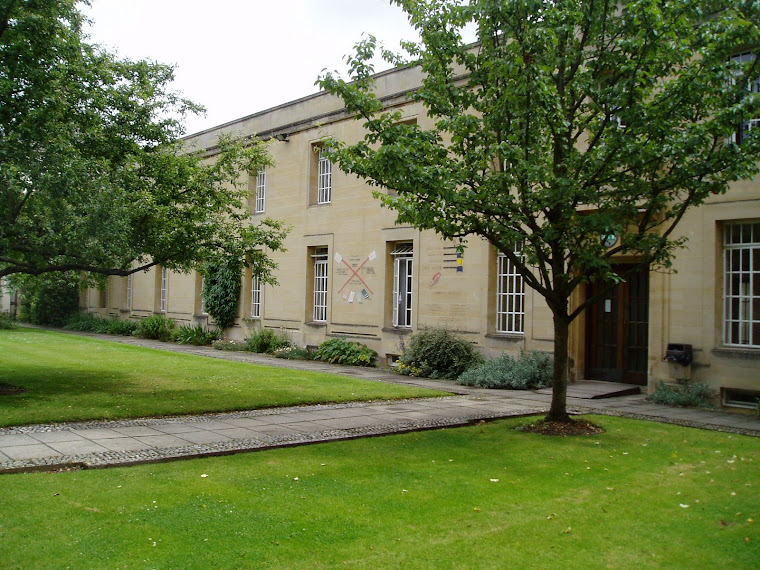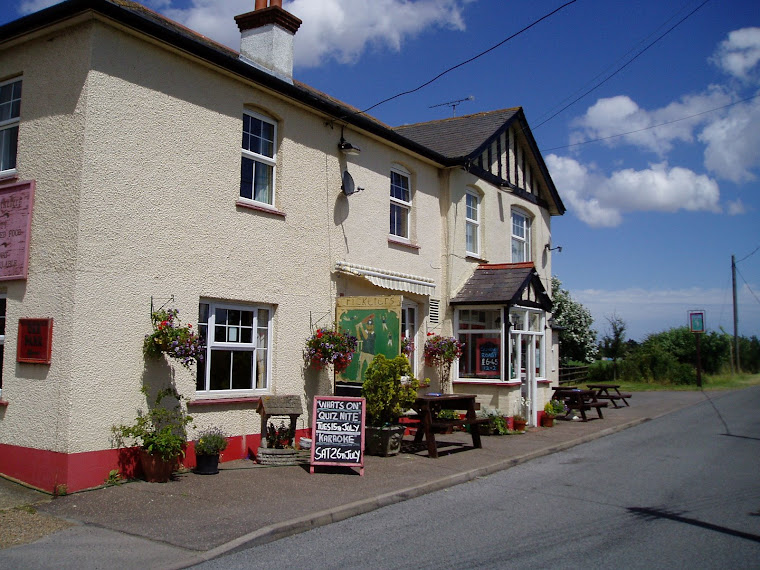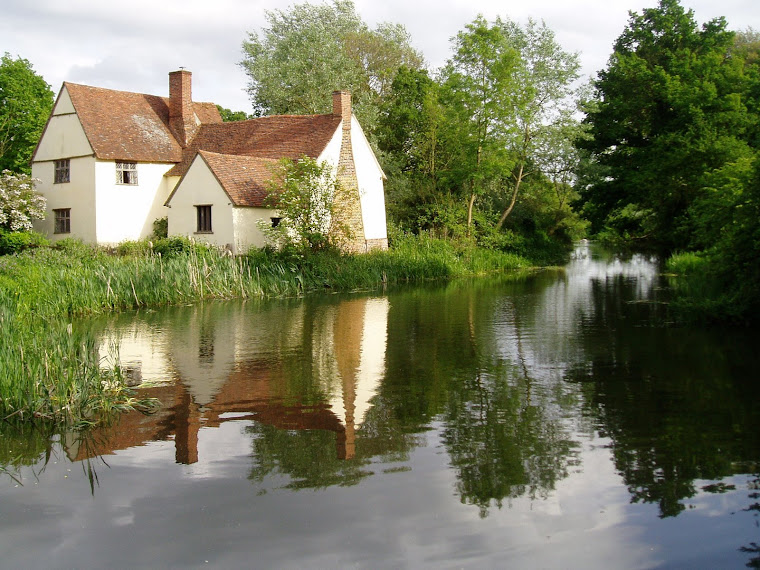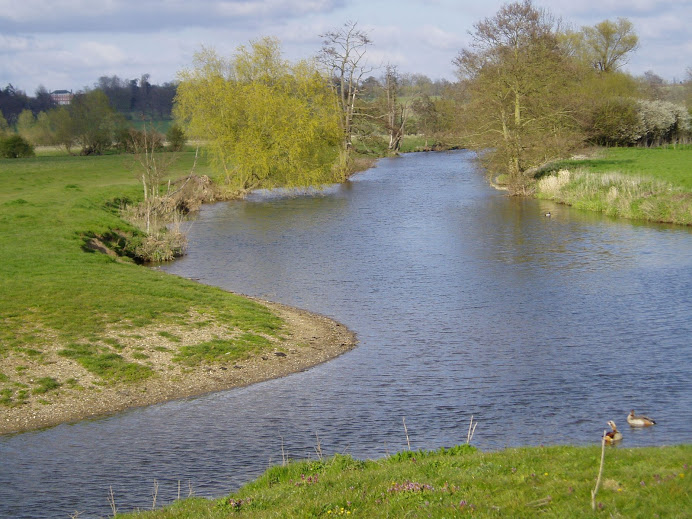Coming to Hornchurch in 1975, having graduated from college and marrying the love of my life, I came into contact with the Open Brethren in the area. My wife spent a lot of time with an aunt in the Open Brethren who lived in Emerson Park, in a property that was used by the Hornchurch Girl Crusaders. The house in Herbert Road has about half an acre of land, though originally it had an acre with a lawn tennis court. It was used for Girl Crusader sports, firework parties and "squashes". Dorothy was a formidable spinster who had crossed swords, over the Girl Crusader movement, with the famous Welsh preacher Dr Martyn Lloyd Jones, then Minister of Westminster Chapel. Her father, a Brethren elder, had been headmaster of Romford Technical School, in Marshalls Park, and Dorothy had been head girl at Romford County High School in the time of Miss Frances Bardsley. At this time the Open Brethren had considerable influence in evangelical circles throughout Havering. Although Aunty Dot, as my wife called her, lived in Emerson Park she did not attend Emerson Park Chapel (EPC). Aunty Dot attended what was then known as Ingrebourne Chapel, an Open Brethren assembly, now in the hands of Hornchurch Christian Fellowship and nothing to do with the Open Brethren. When my wife first came to the area she attended the Open Brethren assembly at Craigdale Hall in Romford, with her parents and her paternal aunts.
In the 1970s Emerson Park Chapel was arguably the flagship of the Open Brethren movement in Havering. It invited some of their top preachers and leaders in the Open Brethren to speak there. I remember hearing Dr Harold Rowdon, my pastoral tutor at college and a world authority on the Brethren, speak there. Doc Rowdon's doctoral thesis was on the origins of the Brethren and he was for many years a leading light in the Brethren Research Fellowship. My college was financed and supported by Sir John Laing, the builder and Brethren luminary. Professor F.F. Bruce, an eminent Brethren theologian, was the external examiner for my degree course. So there were considerable Brethren influences on my life.
The Brethren in the Hornchurch and Havering area were well established in business and in education. I met many school teachers who had Brethren connections. They were generally financially wealthy, lived very comfortably in large houses and were well educated. One could call them bourgeois, as they often had influence in the wider community and had good incomes. Some owned factories, the means of production, and thriving businesses, such as car dealerships.
So why have so many Brethren assemblies in Hornchurch and Havering closed? Why is there only one Brethren assembly in the London Borough of Havering? Why did a movement that produced so many leaders, preachers and elders lose its witness, chapels and "candlestick"? What happened to these people? Why did the Open Brethren in the Hornchurch area spectacularly fail to retain its congregations and baptized believers?
Through interviews, long conversations with former Brethren members, and academic research, I have tried to find out some of the answers to the above questions. I am very grateful to those who have patiently listened to my reflections and have helped me in this project. Sadly Harry Rowdon is now in a care home in Hampshire, at the time of writing, and not well enough to assist me in these theological reflections. I well remember his honest criticisms of and praise for the Open Brethren movement, which he loved deeply.
I will be writing my conclusions over the next few days, perhaps weeks. If you have any observations then I would be glad to hear from you.
In the 1970s Emerson Park Chapel was arguably the flagship of the Open Brethren movement in Havering. It invited some of their top preachers and leaders in the Open Brethren to speak there. I remember hearing Dr Harold Rowdon, my pastoral tutor at college and a world authority on the Brethren, speak there. Doc Rowdon's doctoral thesis was on the origins of the Brethren and he was for many years a leading light in the Brethren Research Fellowship. My college was financed and supported by Sir John Laing, the builder and Brethren luminary. Professor F.F. Bruce, an eminent Brethren theologian, was the external examiner for my degree course. So there were considerable Brethren influences on my life.
The Brethren in the Hornchurch and Havering area were well established in business and in education. I met many school teachers who had Brethren connections. They were generally financially wealthy, lived very comfortably in large houses and were well educated. One could call them bourgeois, as they often had influence in the wider community and had good incomes. Some owned factories, the means of production, and thriving businesses, such as car dealerships.
So why have so many Brethren assemblies in Hornchurch and Havering closed? Why is there only one Brethren assembly in the London Borough of Havering? Why did a movement that produced so many leaders, preachers and elders lose its witness, chapels and "candlestick"? What happened to these people? Why did the Open Brethren in the Hornchurch area spectacularly fail to retain its congregations and baptized believers?
Through interviews, long conversations with former Brethren members, and academic research, I have tried to find out some of the answers to the above questions. I am very grateful to those who have patiently listened to my reflections and have helped me in this project. Sadly Harry Rowdon is now in a care home in Hampshire, at the time of writing, and not well enough to assist me in these theological reflections. I well remember his honest criticisms of and praise for the Open Brethren movement, which he loved deeply.
I will be writing my conclusions over the next few days, perhaps weeks. If you have any observations then I would be glad to hear from you.


































































































































2 comments:
Hello Johli. I have though much about this question of decline especially having read your blog over a year ago. One line of enquiry, is that the very earliest brethren sought to return to the principles of the early church in terms of practice and faith (Christian Jewish even), however in terms of theology they were little different to other non conformist groups. By that I mean they had a Reformed and Calvinist leaning. If the early leaders had re-examined the fundamental changes in theology brought about by Augustine they may have adopted an earlier Gospel based theology more in line with the very earliest expressions of non-Pauline believers (F F Bruce examines Non-Pauline forms of early Christianity citing Stephen, Peter, John and James) and not simply sought out early practices and forms. That having been said there were only the outward expressions that set the Brethren apart and as times changed so these outward forms became less meaningful (especially in the 1930's onwards.) Given that their theology wasn't radically different to other evangelical groups it seemed natural for people (especially the young) to drift away to more interesting and less rigid forms of expression - hence the decline. Just my thoughts.
Post a Comment